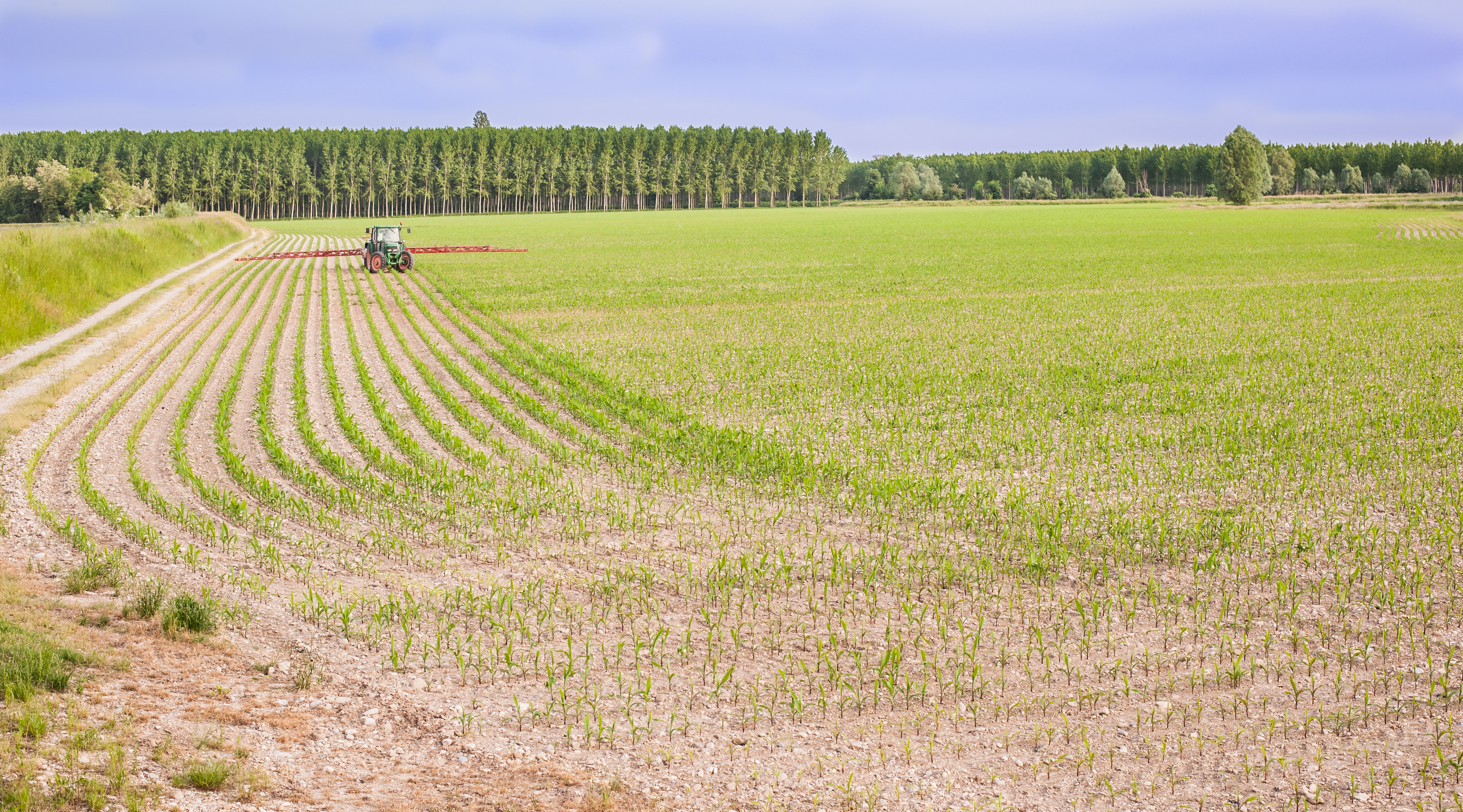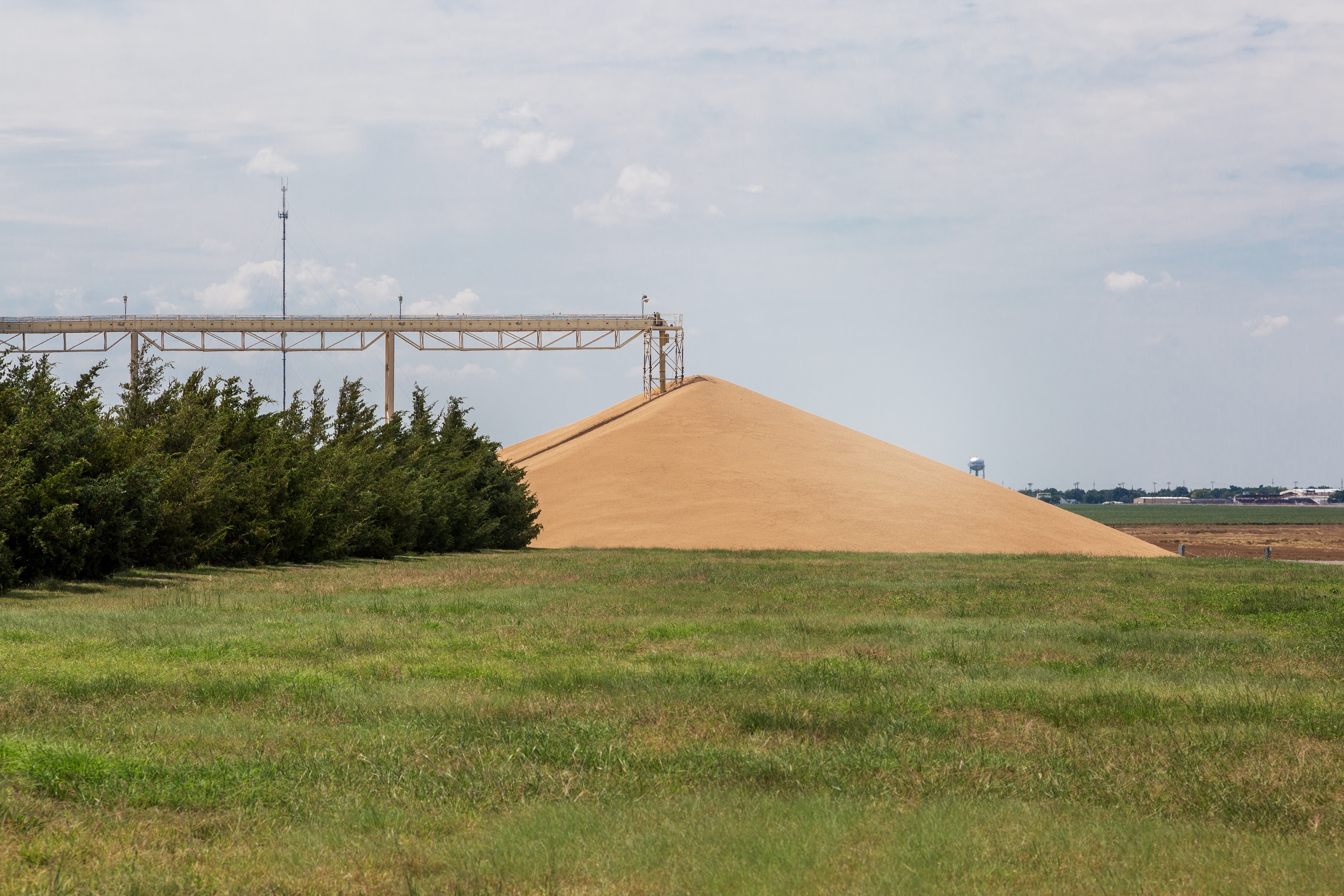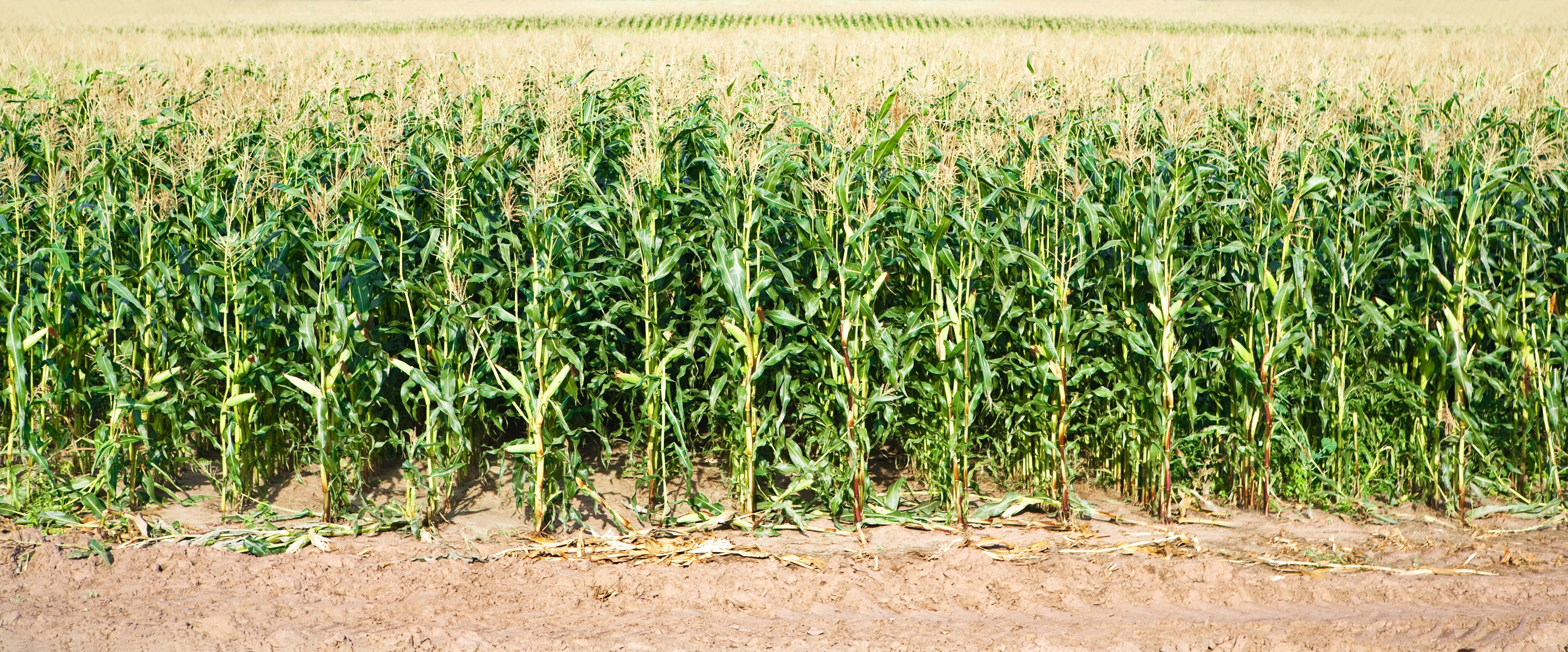
What Farmers Need to Know About Bayer's Purchase of Monsanto
In a historic moment, Bayer will likely complete its acquisition of Monsanto this Thursday. The $66 billion deal has been in the works for nearly two years, leaving many farmers wondering what it means for them and their operations.
“Compared to farmers’ expectations from two years ago of how the combined Bayer/Monsanto would impact their business, the regulator-required divestment and corresponding asset reshuffling should result in considerably less impact than farmers once thought,” says Garrett Stoerger, partner at Verdant Partners. “With Bayer selling virtually all of its seeds and traits business to BASF, and on-boarding all of Monsanto’s product portfolio, choices are still out there – just owned by someone new.”
While the deal closes this Thursday, the companies won’t be fully integrated just yet. The U.S. Department of Justice (DOJ) has required that Bayer complete divestments before fully integrating with Monsanto – which will take about two months. At that time, the Monsanto name will be retired, though brands such as Dekalb, Asgrow, Channel, Lewis, etc. will remain intact.
“Hopefully nothing [changes for farmers],” says Liam Condon, Bayer president of the crop science division. “For the initial two-month period nothing changes for Monsanto customers or Bayer customers so they shouldn’t notice a difference. After we integrate I would initially not expect any immediate short-term changes because we’re placing a huge emphasis on continuity and want no surprises for customers.”
Still, some farmers and farm organizations are concerned there will be less competition, resulting in higher prices at the farm gate.
“Bayer’s acquisition of Monsanto culminates the latest and most disturbing round of consolidation amongst the handful of companies that control both U.S. and global agricultural markets,” says Roger Johnson, president of the National Farmers Union. “Three massive companies now control the markets that supply agricultural inputs like seeds, traits and chemicals. This extreme consolidation drives up costs for farmers and it limits their choice of products in the marketplace.”
Bayer, for its part, says that’s untrue.
DOJ approved the deal and had seen the potential for concerns on competition and pricing. However, they approved it with adequate remedies, Condon says. “DOJ went out of its way to make sure all competitive issues were addressed, to come up with a comprehensive package to make sure competition remains strong with no negative impact on pricing.”
As a result of this merger, BASF is taking major steps into the seed market by buying Bayer’s field crops businesses. Because BASF owns Thurston Genetics it might have more opportunity in the corn seed market than even Bayer did, according to Todd Martin, CEO and president of the Independent Seed Professionals Association. In addition, other mergers created a stronger FMC and AMVAC from buying company divestures.
As far as service at the farm gate for Monsanto’s branded products, Stoerger expects limited staffing changes to happen at the retail level. Instead, he anticipates most of those type of changes will occur at the corporate level. If he’s right, it means you’ll continue receiving service from the familiar faces you’re working with now.
“The vast majority [of synergies from the acquisition] are infrastructure, not people costs,” Condon says. “The whole deal is about innovation and growth, so we expect to add headcount over time. There will be some changes in some jobs, but this is an innovation engine and we will be investing. Over time, my assumption is there will actually be more employment as opposed to less.”
BASF will also gain a large number of employees with the divestments it purchased. This could lead to an environment within the newly combined Bayer/Monsanto that has less field-level overlap, since many of the former Bayer employees will now be at BASF.
The acquisition has potential impact on independent seed companies, too. One area farmers and independent seed companies are watching closely is genetic and trait licensing programs. These programs allow independent companies, with smaller budgets, to still gain access to the latest genetic and trai
“Monsanto had always maintained a strong licensing presence and Bayer has also perpetuated licensing and recognized the value in independent seed companies,” Martin says. “We believe competition is driven by independent seed companies, and licensing is an important tool we need to maintain.”



